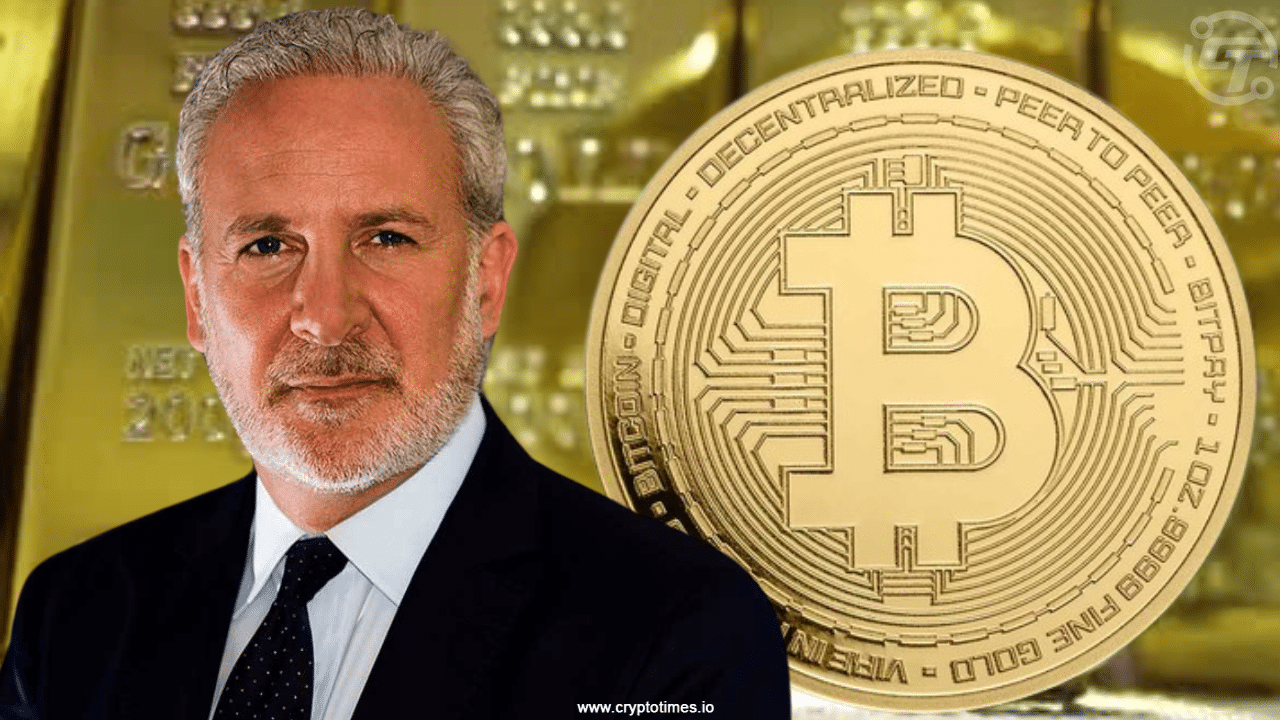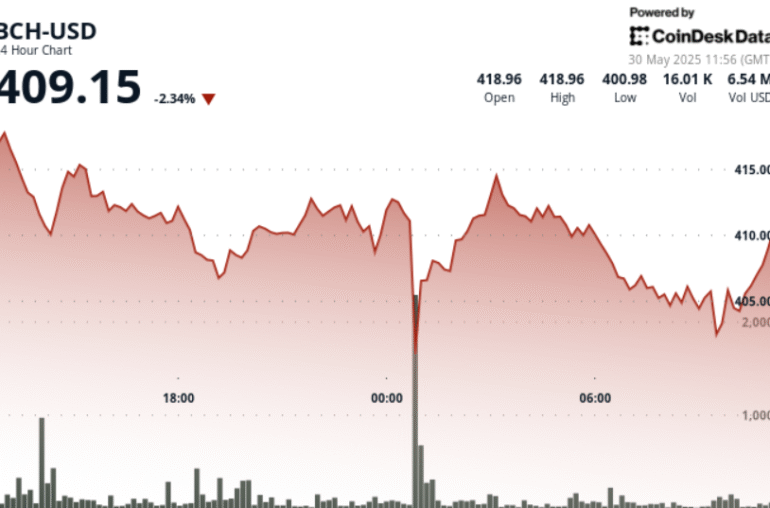In major movement, gold has officially overtaken the euro to become the second-largest reserve asset, behind only the U.S. dollar. As per the recent European Central Bank (ECB) report, gold made up around 20% of central bank reserves by the end of 2024, compared to the euro’s 16%. That’s a major shift, driven by record-high gold prices and historic levels of central bank buying.
Naturally, this update has grasped the attention of the gold advocate Peter Schiff. He has taken a cheeky jab against BTC by posting the words, “Where’s Bitcoin?” However, he’s got a point. Despite Bitcoin’s rising popularity with investors and its growing use in financial products, it’s still largely absent from central bank reserves.
Schiff, Euro Pacific Asset Management CEO, has long maintained that Bitcoin is of no intrinsic value and a speculative bubble. He tends to compare it with gold, an only true store of value, as per his eyes. He once stated, “I don’t consider Bitcoin to be digital gold.”
Why Is Gold So Hot Right Now?
Gold prices skyrocketed nearly 62% in 2024, hitting a record high of $3,509.90 per ounce in April. Since Russia’s invasion of Ukraine in 2022, global tensions, inflation fears, and distrust in fiat currencies have driven central banks to load up on gold.
Especially, China, Turkey, India, Poland, and Azerbaijan boast huge gold reserves. In fact, central banks added over 1,000 metric tons of gold to their reserves last year, the third year in a row of such aggressive buying.
Bitcoin Starts Getting Preference as a Reserve Asset
Currently, no major country holds Bitcoin as part of its official reserves, according to the International Monetary Fund (IMF). El Salvador stands out as the exception. It made Bitcoin legal tender in 2021 and has been slowly adding BTC to its national treasury.
However, as of early 2025, it quietly rolled back. The shift was driven by conditions set by the International Monetary Fund (IMF) as part of a $1.4 billion loan agreement. Despite rolling back mandatory acceptance, the government continues to purchase and hold Bitcoin, with reserves growing from approximately 6,100 BTC as of March 2025.
In early 2024, U.S. lawmakers introduced the ‘Bitcoin Reserve Bill’, a proposal BTC the U.S. Treasury to study if Bitcoin could be used as a strategic reserve asset, much like gold. It hasn’t moved forward in Congress yet, but it shows that people in power are at least starting to think about Bitcoin in a more serious, long-term way.
So while Bitcoin has made waves in finance and adoption, it hasn’t yet cracked the central banking world in the way gold or even the U.S. dollar and Euro has.
Also Read: Bitcoin ETFs Pull $9B Inflows, Outpace Gold: Schiff Silent?




